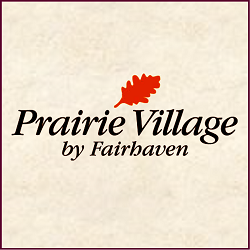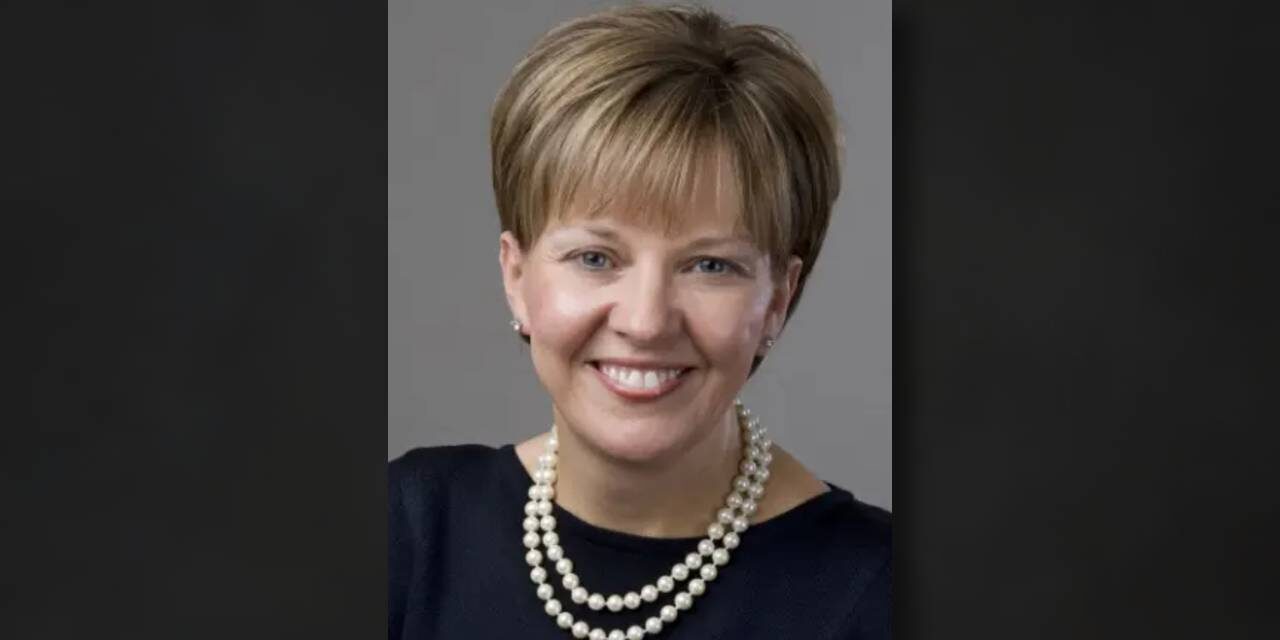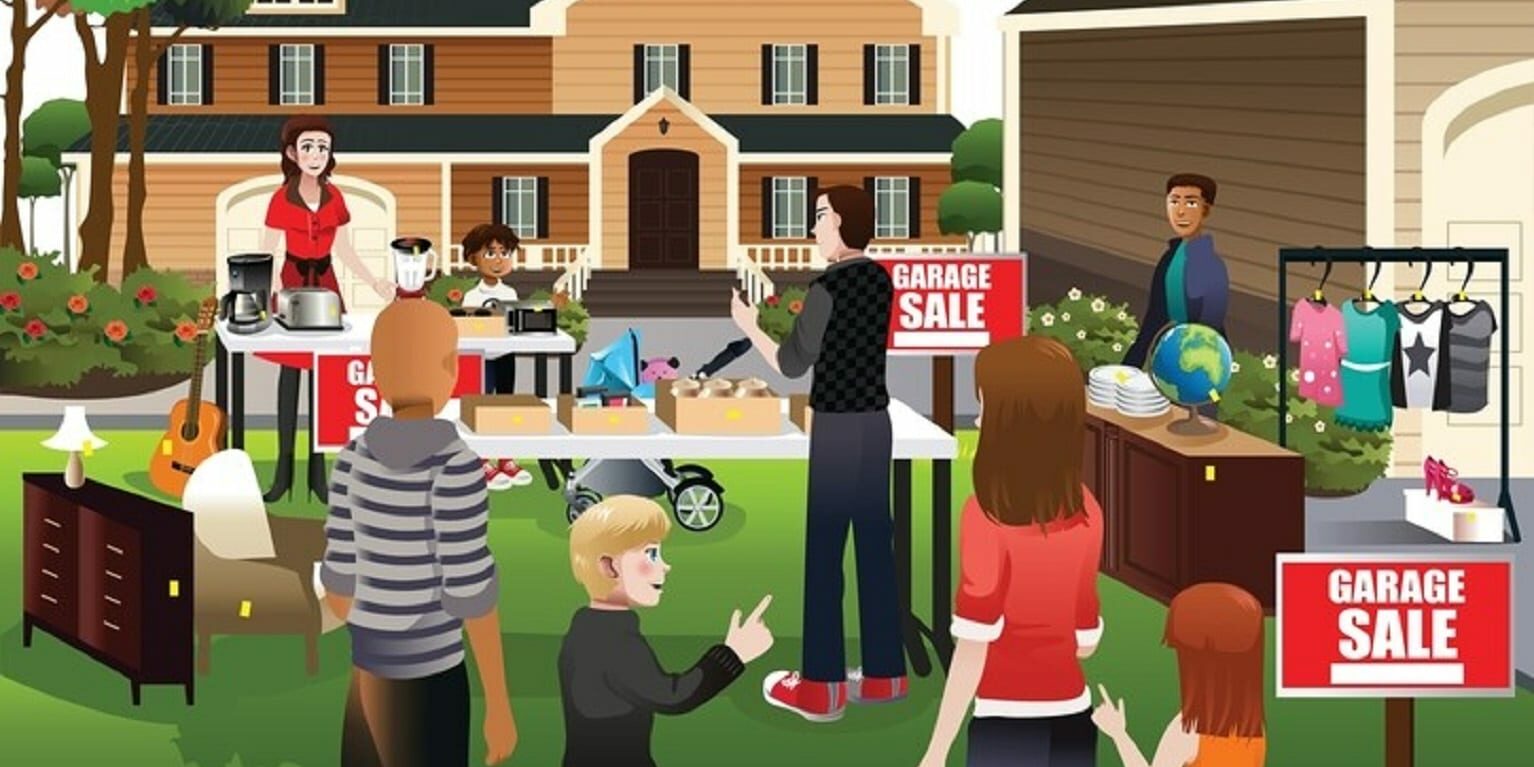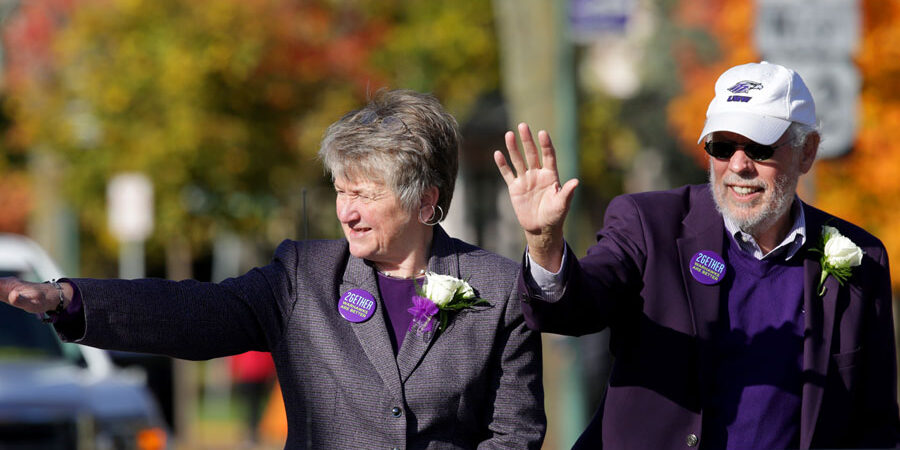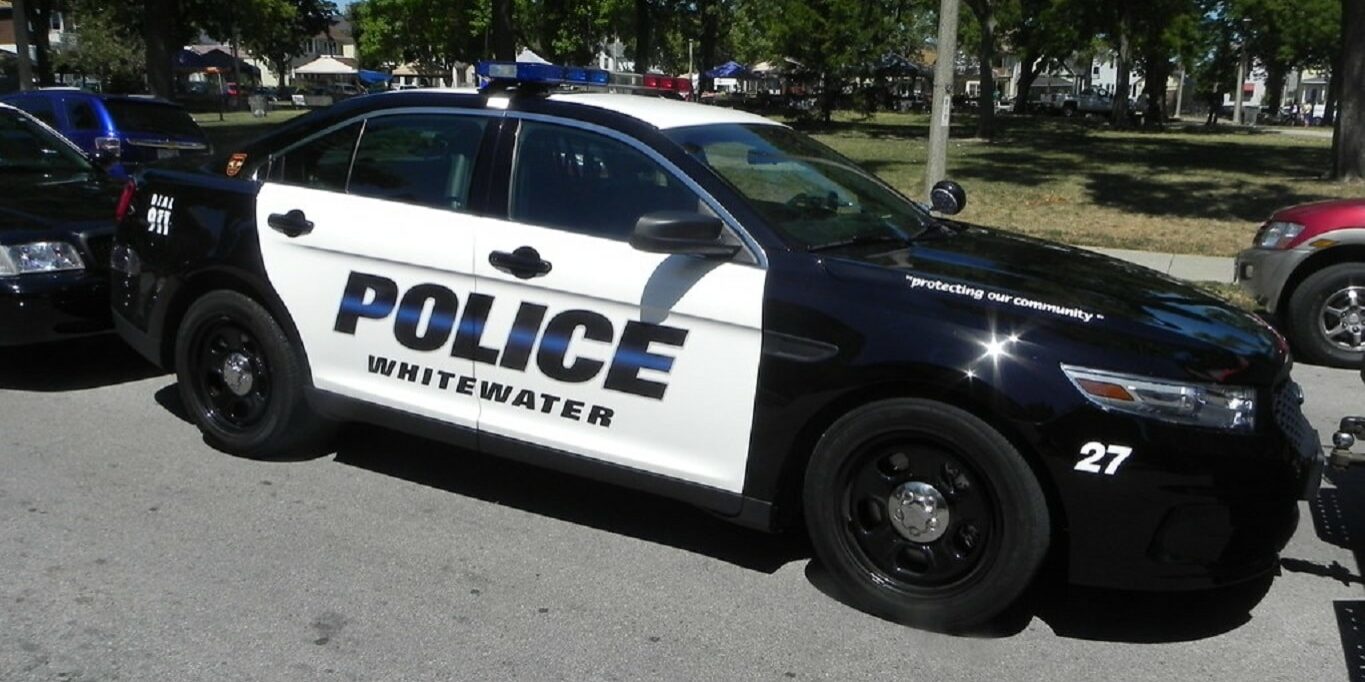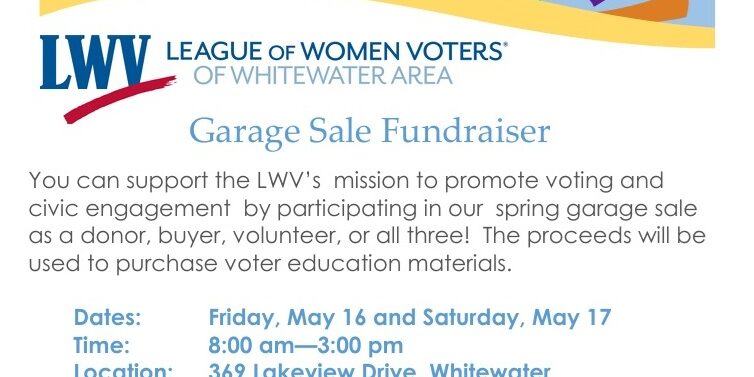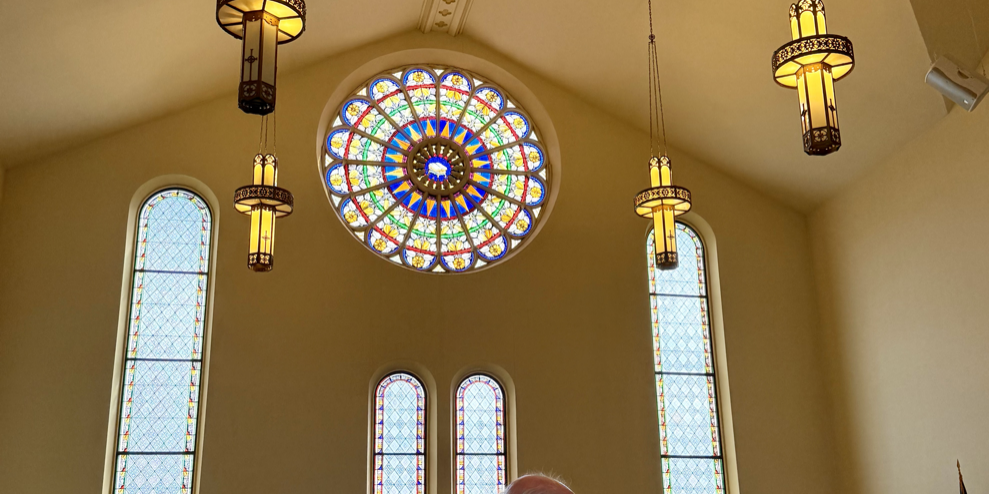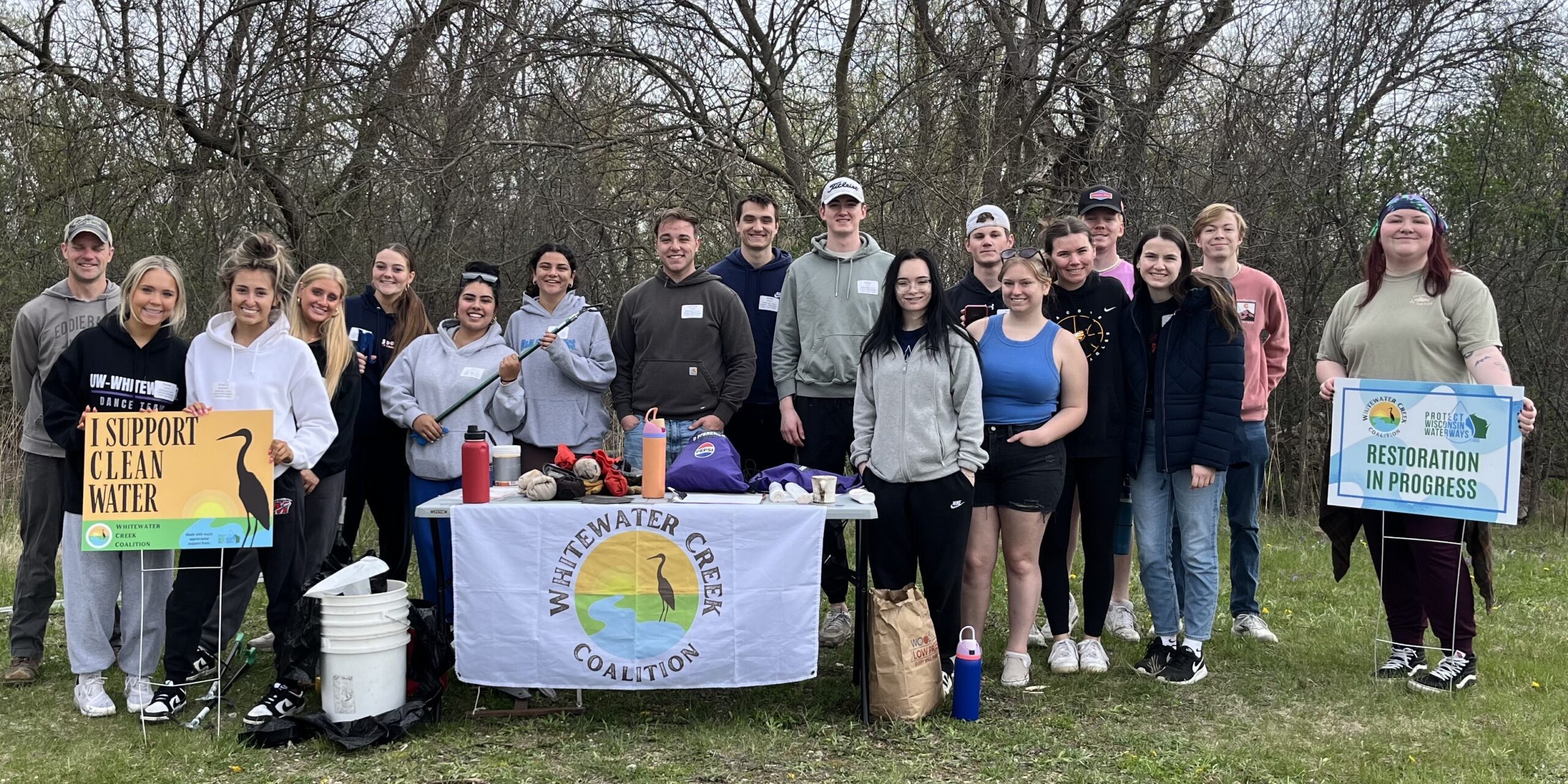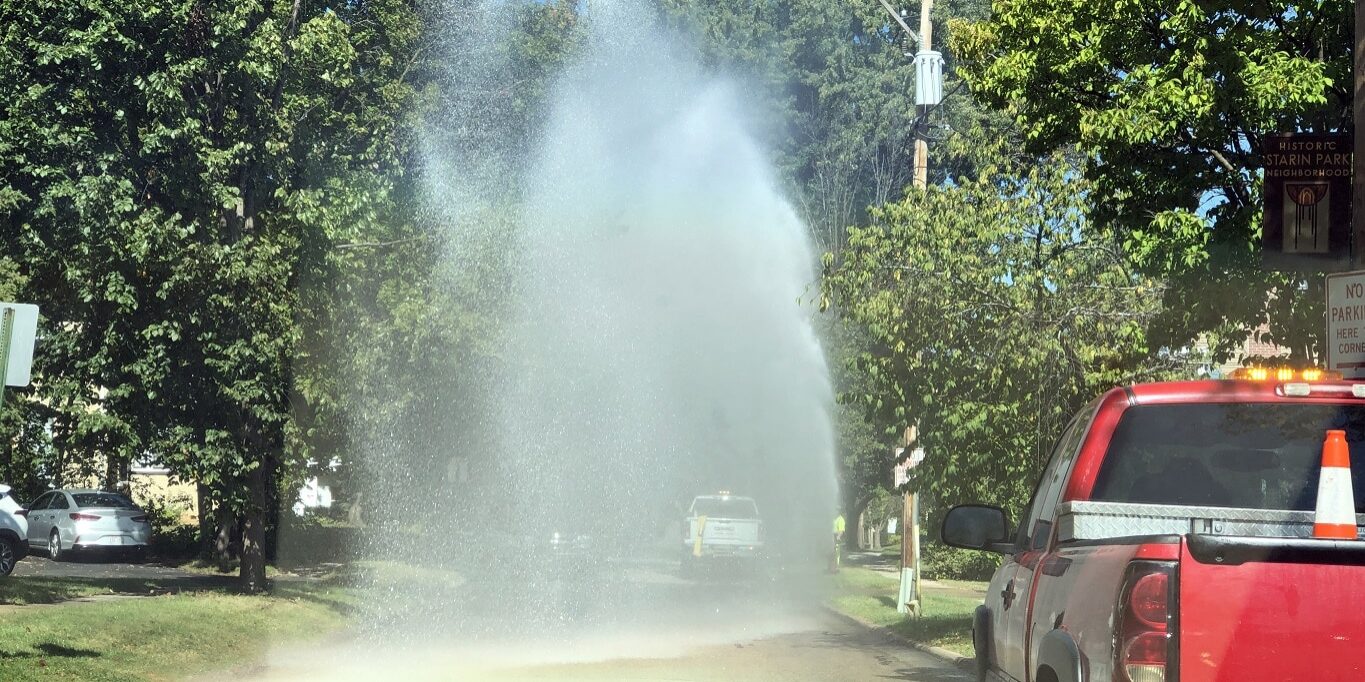By Lisa Dawsey Smith
Whitewater Banner staff
whitewaterbanner.com
At its regular meeting on September 1 the Common Council supported drafting of an ordinance that would temporarily limit the size of gatherings due to the pandemic, but the members at a special meeting on September 9 indicated they would decline to adopt the proposed ordinance by a straw poll of 5-1. The Aldermanic District 5 seat is currently open, with McKinley Palmer having resigned effective September 1 due to moving out of the district. Lynn Binnie was the only member who expressed support for the ordinance, which would have limited essentially social outside gatherings to no more than 25 non-household members, and inside gatherings to 10 non-household persons. Additionally there was a provision that would limit capacity of bars to 50% of their legal limit, and restaurants to 75%. As part of the introduction to the proposed ordinance, Binnie indicated that the Walworth County portion of the city had reached what he described as an alarming 24.9% fourteen day COVID-19 positivity rate. Acknowledging that the vast majority of the 105 positive tests during that period would have been for UW-W students, he expressed concern that this level of infection is very likely to start transmitting to “permanent” residents.
In the 2-3/4 hour meeting the Council heard varied comments ranging from support of the ordinance, support of the concept but with reservations about the proposed ordinance, and full disagreement with any effort to regulate gathering size.
Curt Patrick, co-owner/operator of Pumpers & Mitchell’s had sent a lengthy email to the members opposing in particular the provision that would have limited the capacity of bars. “You can’t tell college students they can’t party, you just can’t. They take it as a challenge…If you tell students of legal drinking age that they are not welcome in local taverns, they WILL do so elsewhere, and in large numbers,” Mr. Patrick stated in his email.
Several citizens, including at least two students, one of whom stated he was currently infected with COVID-19, spoke in general support of the ordinance, indicating that they were very disturbed by the large yard parties that they had observed since students returned to the university.
A number of commenters faulted UW-W for not having communicated effectively with students and landlords before move-in. While acknowledging that the university could have done more, Interim Chancellor Greg Cook spoke in favor of the ordinance. Near the end of the meeting Dr. Cook shared that UW-Madison had just announced that, as a result of their spiking positive tests, all classes were going to be held virtually for the next two weeks. “To be honest with you, we’re not far behind, and it’s going to have an impact on the city,” Cook stated. “…I actually fear it’s probably too late. We should have done this over a month ago.”
Ultimately the Council directed staff to meet as soon as possible with stakeholders, including UW-W officials and student representatives, restaurant and bar operators, and landlords in an attempt to reach consensus on any measures that could be taken to reduce the spread of COVID-19.
Subscribers to The Gazette may also read an article by reporter Jonah Beleckis.






